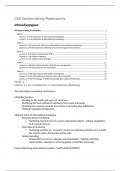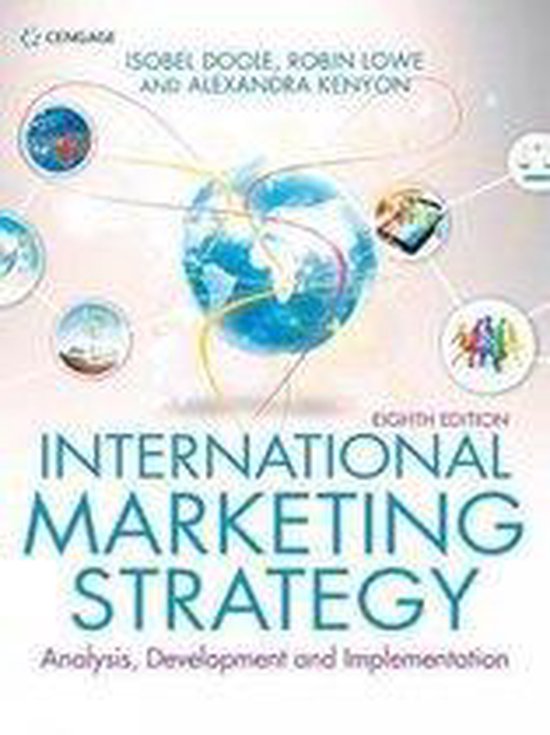Samenvatting
Samenvatting powerpoints CE8 International marketing strategy
- Instelling
- Hogeschool Van Amsterdam (HvA)
Dit is een samenvatting van de powerpoints die je in de CE8 les krijgt. Hierin worden alle belangrijke onderwerpen tentoongesteld.
[Meer zien]





